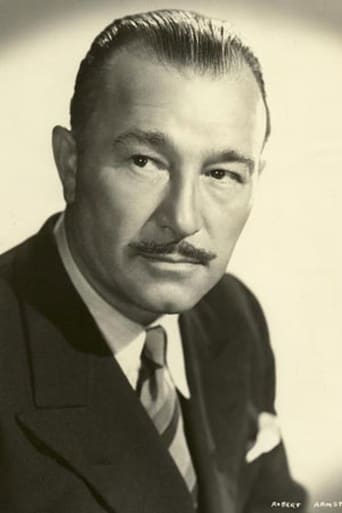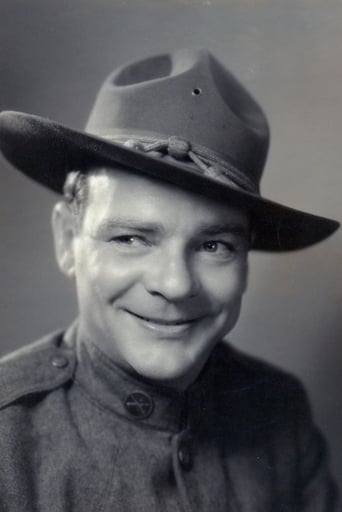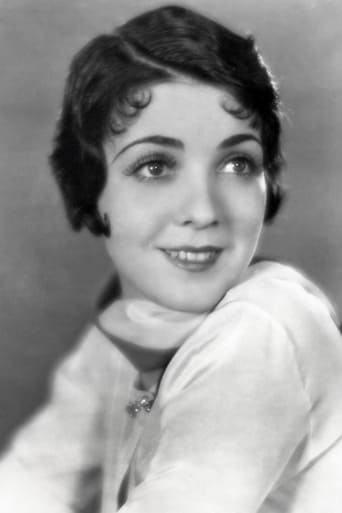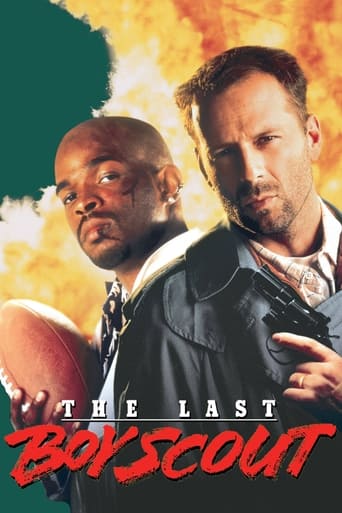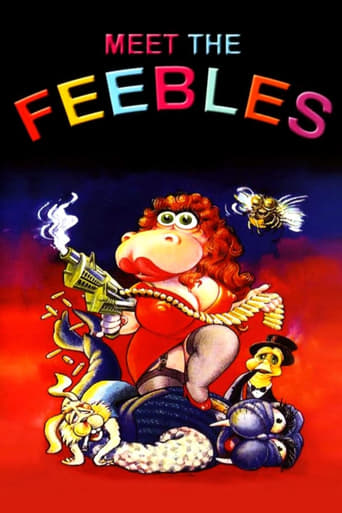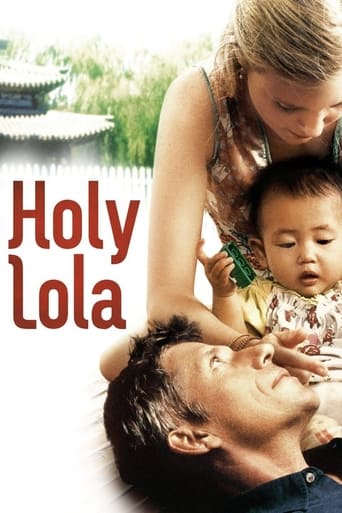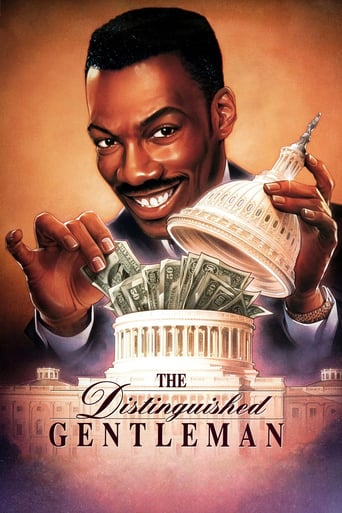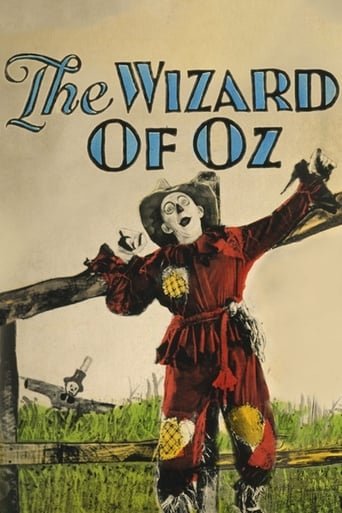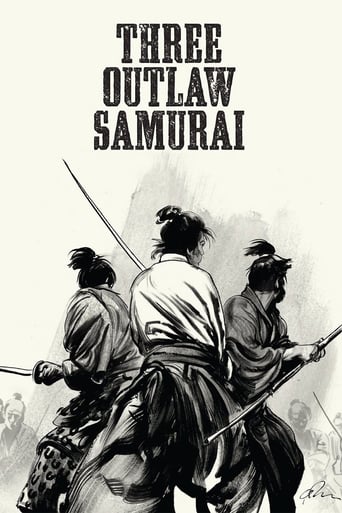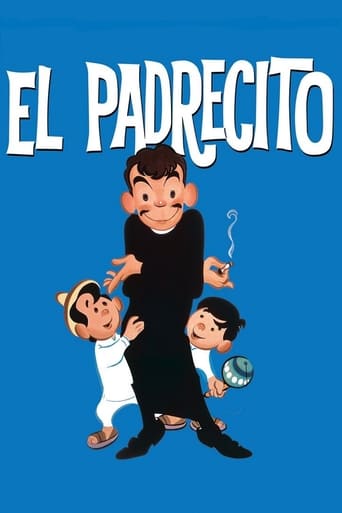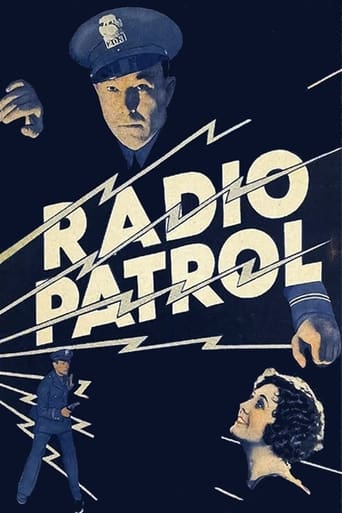
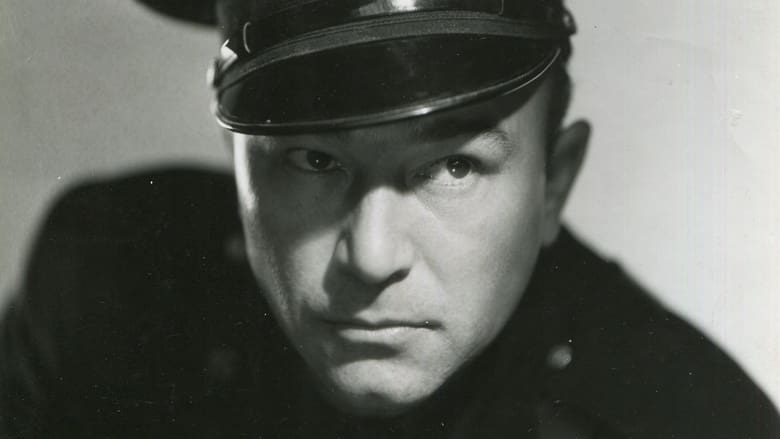
Radio Patrol (1932)
A policeman in need of money is persuaded to take a $1000 bribe to stay away the night a packing house is to be robbed.
Watch Trailer
Cast
Similar titles
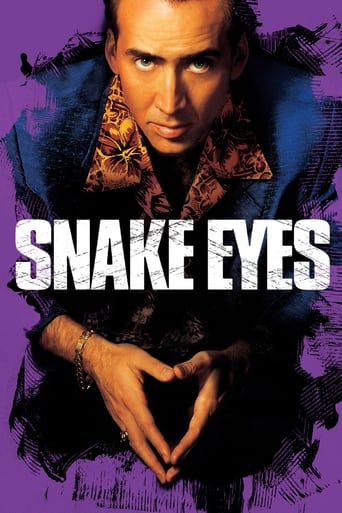
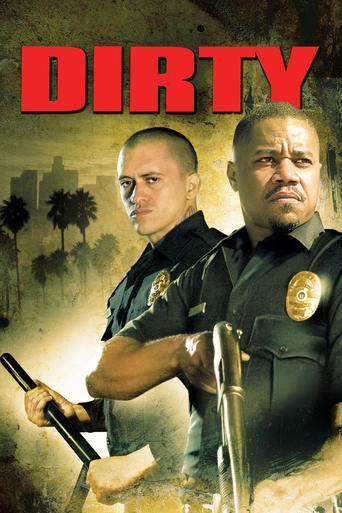
Reviews
Save your money for something good and enjoyable
Fantastic!
I like movies that are aware of what they are selling... without [any] greater aspirations than to make people laugh and that's it.
There are better movies of two hours length. I loved the actress'performance.
With the advent of talkies, cinema goers could experience the strange parlance of the New York underworld as new screen stars such as Edward G. Robinson and James Cagney gave authenticity and likability to mobsters. After a couple of years "the thug" was soon demoted to "featured player" as Hollywood was accused of glorifying gangsters and lulling the public into an admiration for them. J. Edgar Hoover was horrified and heavy handedly brought in stringent censorship to promote different sections of the F.B.I.You guessed it - "Radio Patrol" is a tribute to the police on the beat, the ones who answer distress calls from the public. Even back then there was a problem with under-staffing, which results in the first casualty - Wylie (Andy Devine), the station jokester who minutes before had been complaining about the lack of back up he has received in trying to combat his districts rampant drug problem. He has to go in alone to a domestic (an uncredited Jack LaRue) and the results aren't good!!Meanwhile the two stars - knockabout Bill Kennedy (Robert Armstrong) and introspective Pat (Russell Hopton) are in love with the same girl - sweet Sue (Lila Lee, looking extremely vivacious). Pat is the loser but he has suspicions about Bill who has been assigned as his partner. Russell Hopton gives a terrific performance as the sensitive cop who feels too much emphasis is placed on killing and not enough on caring. He feels Bill has "his hand out" - he has been seen getting friendly with Tony (Noel Madison), a thug whose bribes have already been turned down by a diligent Hughes (Onslow Stevens in a thankless role). Tony is in cahoots with Kloskey, a mobster who tried initially to infiltrate the police force but was immediately drummed out.The ending has a tall order to fill - how to make Bill, who confesses he has been on the take, come out looking like a hero!! Also relegated to an "also ran" is June Clyde as Wylie's bereaved fiancée. Only a year or so before she had been Radio's new musical hope in films like "Tanned Legs" and "The Cuckoos" but then suddenly they weren't making musicals any more and June was out in the cold. Lila Lee also looked as though she had many years as a beautiful piece of set decoration left in her - Hollywood sure was fickle!!
This film is interesting because it combines two rather recent phenomenon of the time - sound film and police patrolling in cars equipped with two way radios. Do note that such patrols were less than ten years old at the time. This film follows a group of patrolmen through the police academy, into their first assignments as radio patrolmen, and the development of their professional and personal lives. In parallel there is a story of a group of gangsters that move in on the unnamed city from St. Louis. One of the gangsters even signs up for the police academy to get a look at the police department from the inside, but he's quickly discovered and booted out. The gangsters are also constantly trying to bribe the police into looking the other way at their illegal activity. It's also odd that, even though this is the tail end of prohibition, liquor does not seem to enter into the fiscal plan of these gangsters at all. Instead the gang is into peddling dope as well as the traditional gangster trade of protection rackets and outright theft. The film focuses on patrol partners Pat (Russell Hopton) and Bill(Robert Armstrong). Complicating matters is the fact that Bill basically steals and then marries Pat's girl out from underneath him. With the local population more interested in disbanding kids in parked cars than the disruptive force of the mob, low pay, and low regard from the public, will any of the patrolmen succumb to temptation and become corrupt? Watch and find out. This film had rather stilted acting in it by both the guys playing the police and those playing the mob, but it is interesting in that it does not play out according to any formula you usually see in crime films of the early 30's. It's like nobody told the guys at Universal that this is not how you make a crime drama, so they went with their gut and something rather unique was the result. For example, this early 30's film has an African American patrolman on the force (John Lester Johnson as Smokey), and the film shows him accepted by his fellow officers, patrolling a white area of town and even escorting a white woman by the arm across the street. Later, Smokey is also shown doing something quite heroic. It's not that I'm surprised that an African American would be a model cop, I'm just amazed to see such acts committed to celluloid in a mainstream film almost 80 years ago. This one is definitely worth checking out for the novelty of it all, in particular if you're interested in what Universal was doing in the early 30's when they weren't making horror films.
